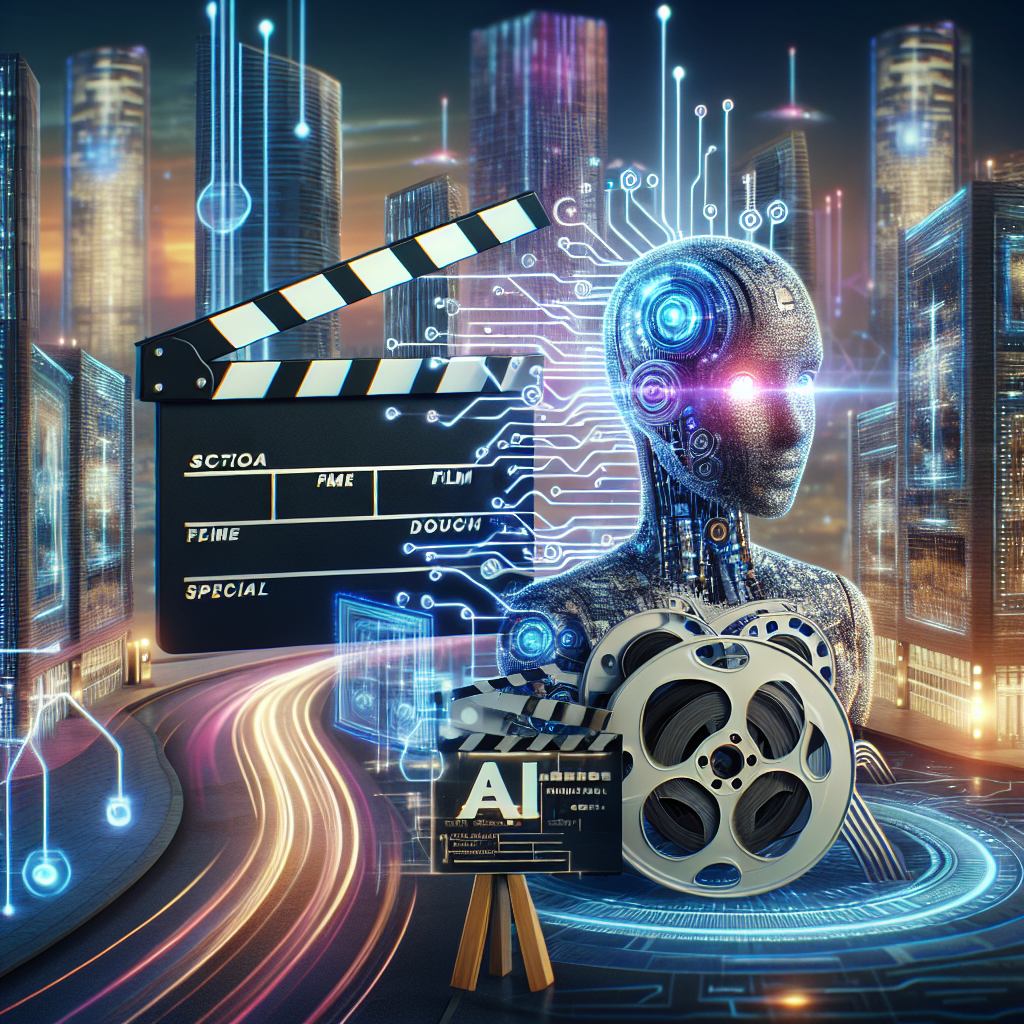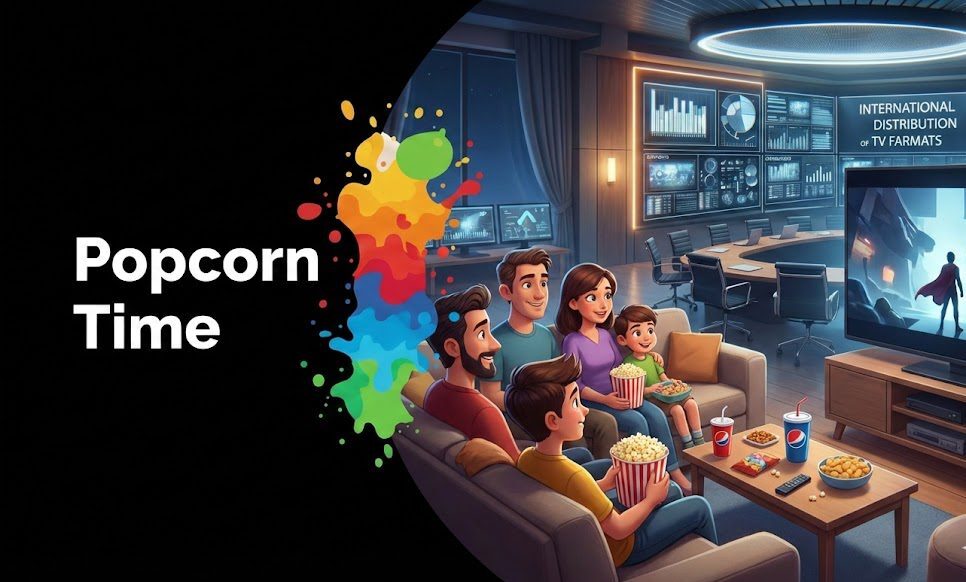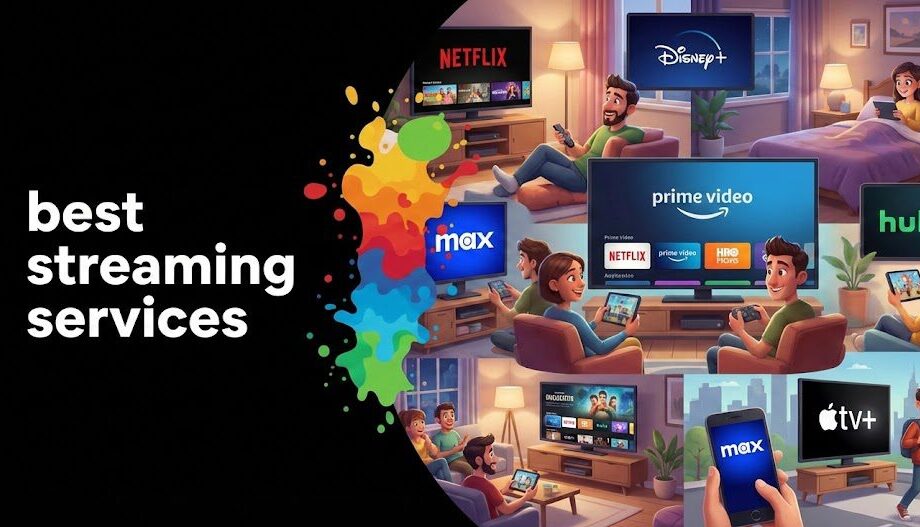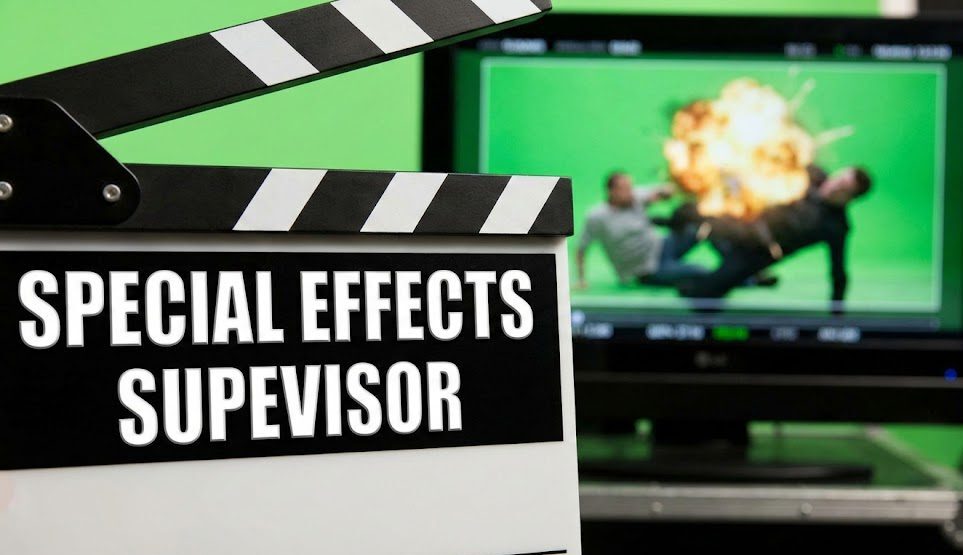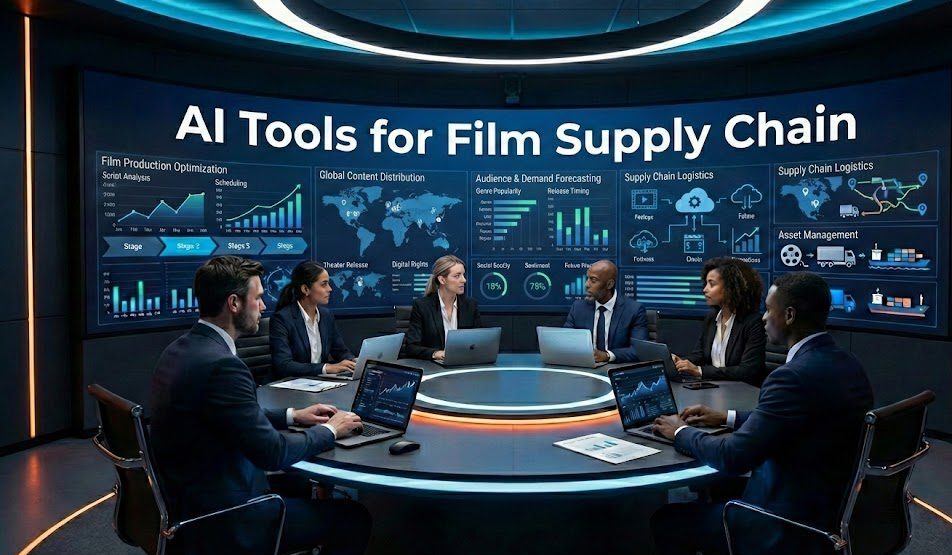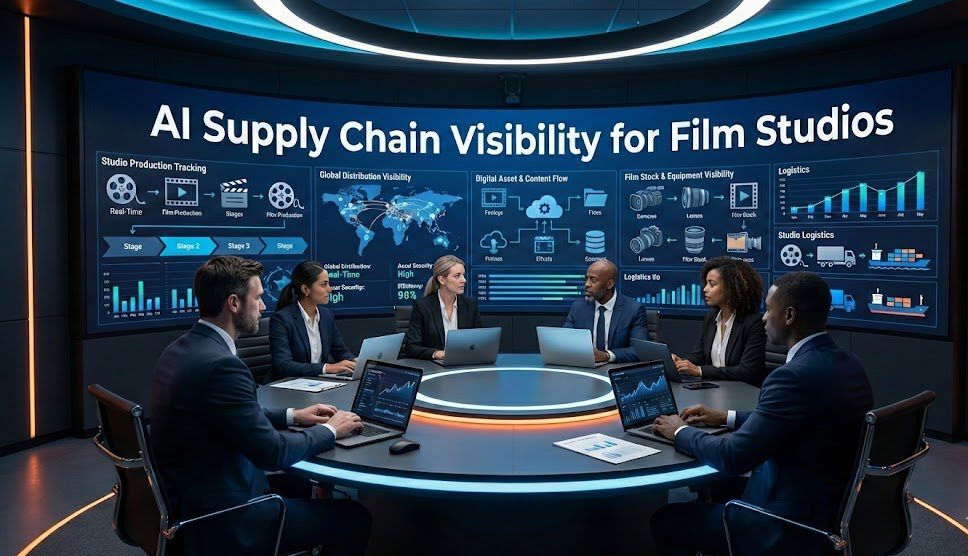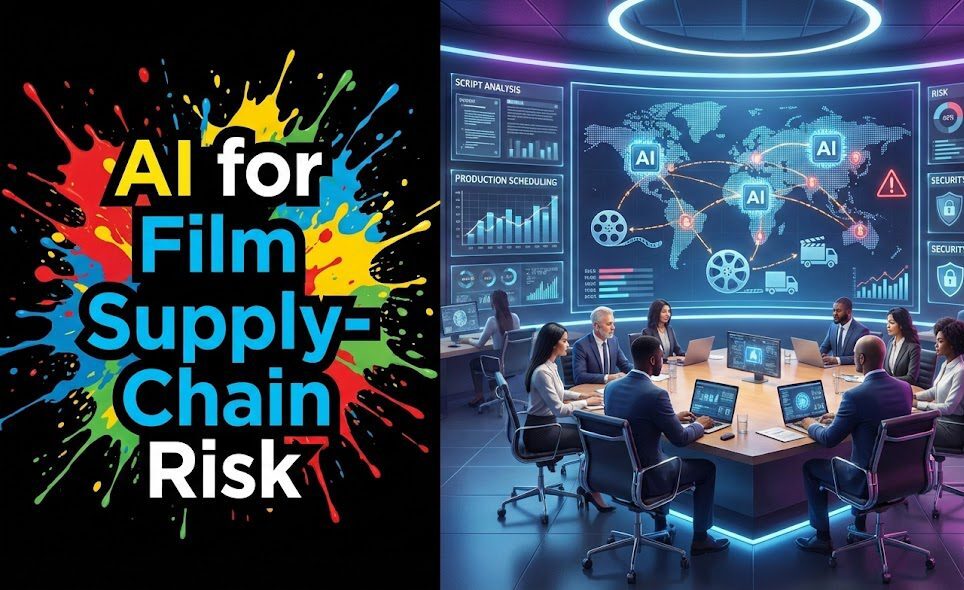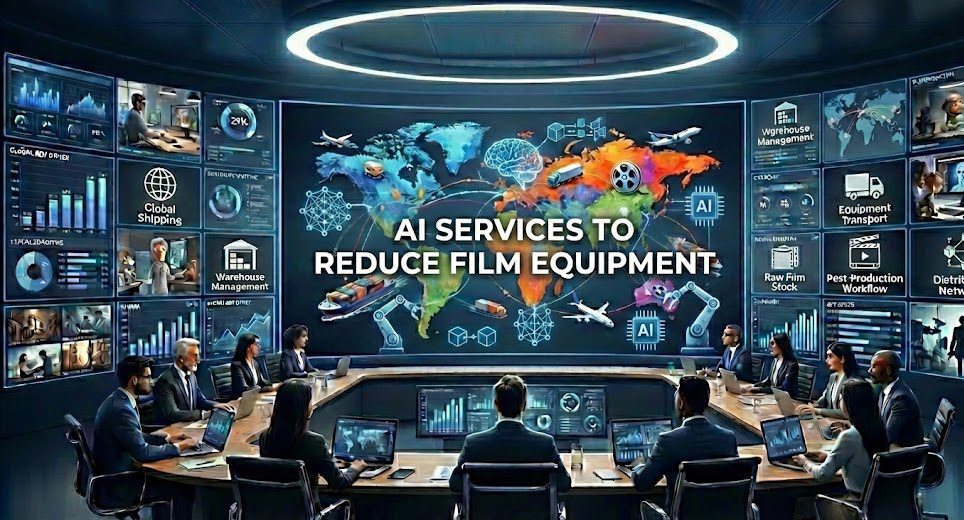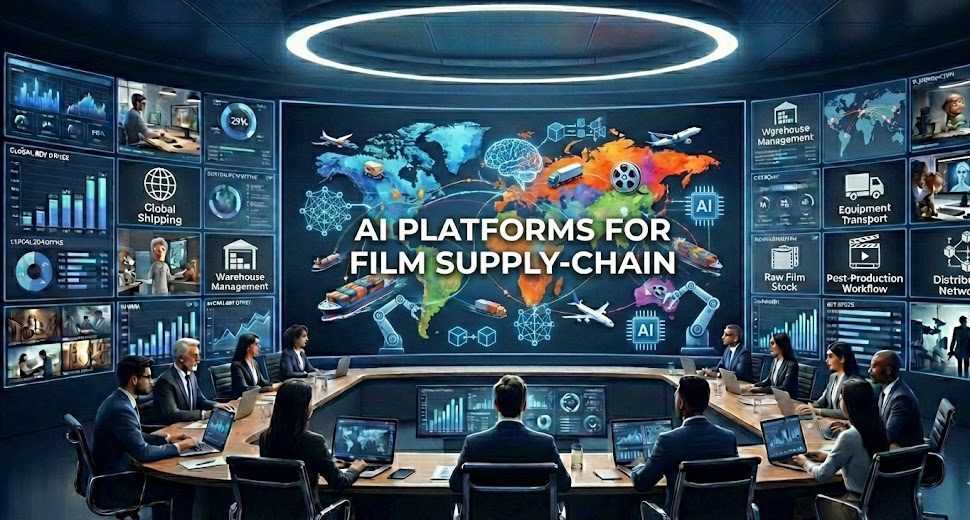Artificial intelligence (AI) has revolutionized the entertainment industry in more ways than one, with one of its most significant impacts being on special effects in film and television. As technology continues to advance, AI has enabled filmmakers to create more immersive and realistic visual effects that were once thought to be impossible. In this article, we will explore the profound impact of AI on special effects and how it is shaping the future of entertainment for various key personas in the industry.
Introduction:
Have you ever wondered how blockbuster films like Avengers: Endgame or Game of Thrones achieve such mind-blowing special effects that leave audiences in awe? The answer lies in the power of artificial intelligence. From creating lifelike CGI characters to seamlessly integrating visual effects into live-action scenes, AI has transformed the way filmmakers bring their visions to life on the big and small screens. For content acquisition executives, production house executives, and post-production managers, understanding the impact of AI on special effects is crucial for staying ahead in a highly competitive industry.
The Role of AI in Special Effects:
1. CGI and Animation:
AI-powered tools such as deep learning algorithms have revolutionized the process of creating CGI characters and animations. By analyzing vast amounts of data, AI can generate highly realistic visuals that mimic human movements and expressions with unparalleled accuracy. For content distribution leaders and localization heads, leveraging AI in CGI production can streamline the localization process and enhance the viewing experience for global audiences.
2. Visual Effects Integration:
AI has also played a key role in integrating visual effects seamlessly into live-action footage. By using machine learning algorithms, filmmakers can now blend CGI elements with real-world scenes in a way that was previously unimaginable. This not only saves time and resources but also ensures a more cohesive and immersive viewing experience for audiences worldwide.
3. Virtual Production:
Virtual production has emerged as a game-changer in the entertainment industry, allowing filmmakers to create entire worlds digitally in real-time. AI-powered virtual production tools enable directors to visualize scenes, adjust lighting, and make real-time changes on set, leading to greater creative control and efficiency in the production process. For production house executives and post-production managers, embracing virtual production technology powered by AI can drive innovation and elevate the quality of content production.
Real-World Examples:
One notable example of AI transforming special effects in film is the use of neural networks in the creation of deepfake technology. Deepfake technology uses AI algorithms to superimpose one person’s face onto another in a way that is virtually indistinguishable from reality. While this technology has raised ethical concerns, it showcases the power of AI in pushing the boundaries of visual effects in the entertainment industry.
Empower Filmmaking with AI Expertise

Key Takeaways:
– AI has revolutionized special effects in film and television, enabling filmmakers to create more immersive and realistic visuals.
– CGI production, visual effects integration, and virtual production are key areas where AI is making a significant impact.
– Embracing AI-powered tools and technologies can drive innovation and efficiency in content production and distribution.
FAQs:
Q1: How can AI benefit content financing and investment executives in the entertainment industry?
A: AI-powered analytics tools can provide valuable insights into audience preferences and trends, helping executives make informed decisions about content financing and investment.


